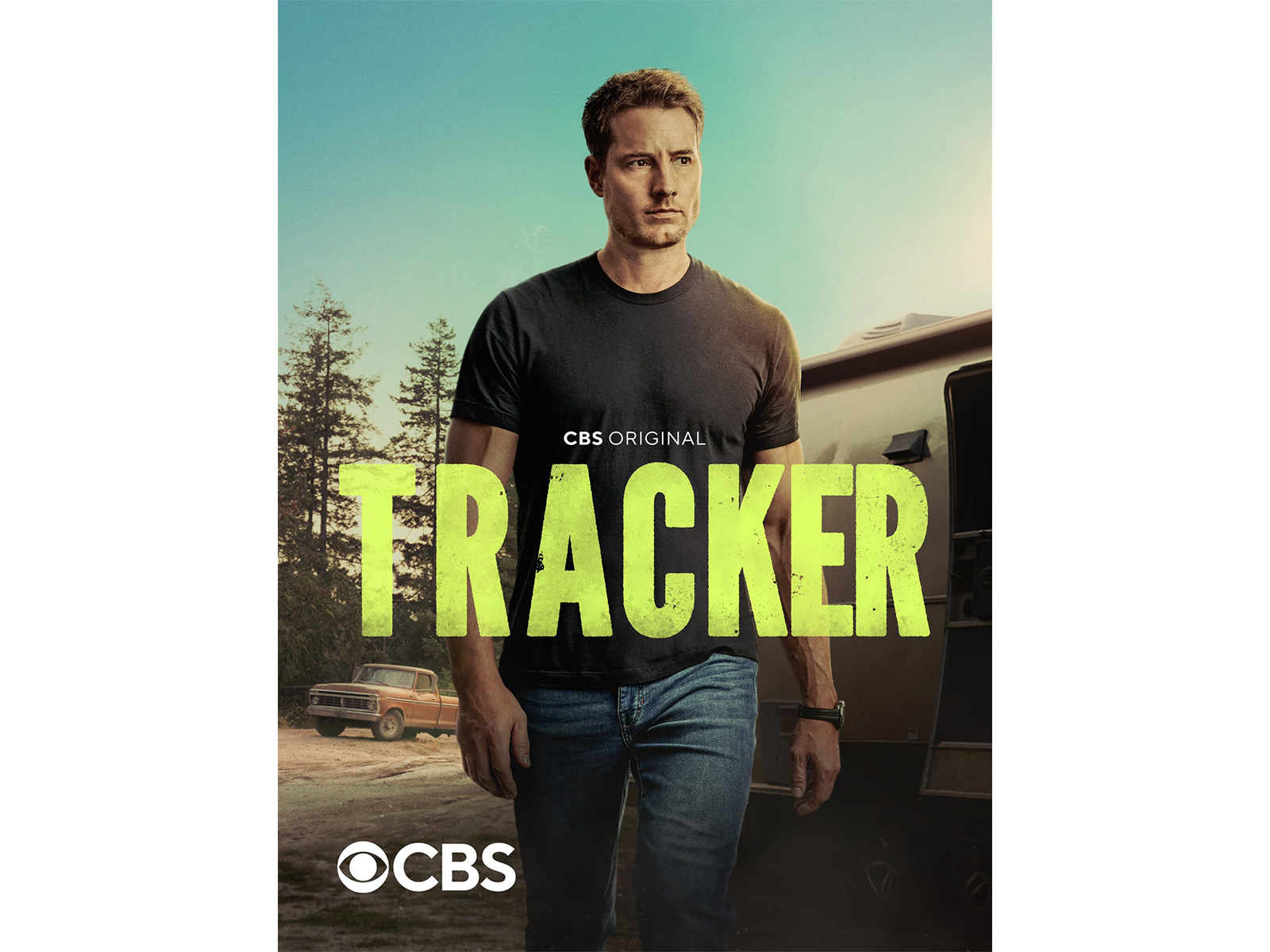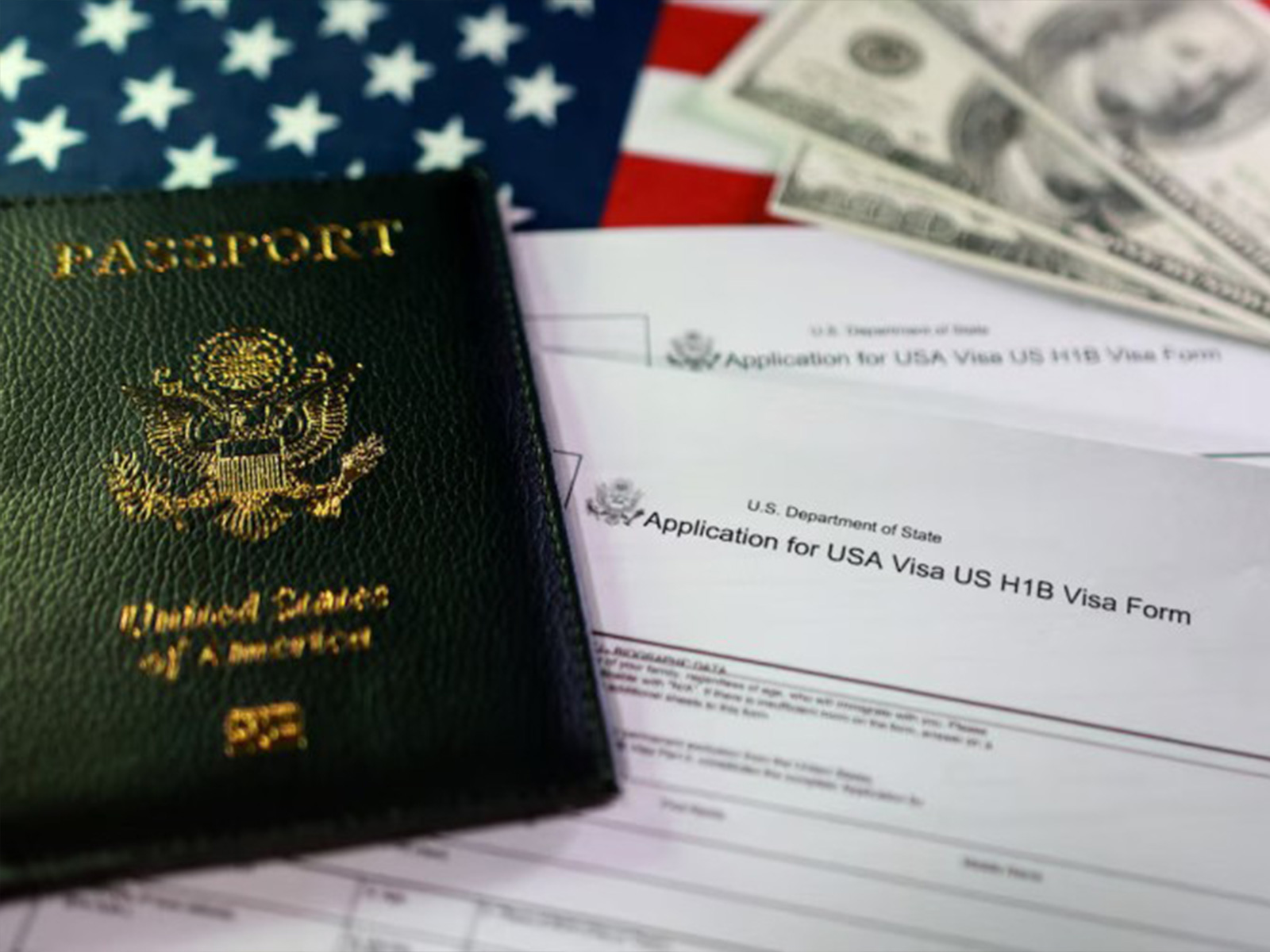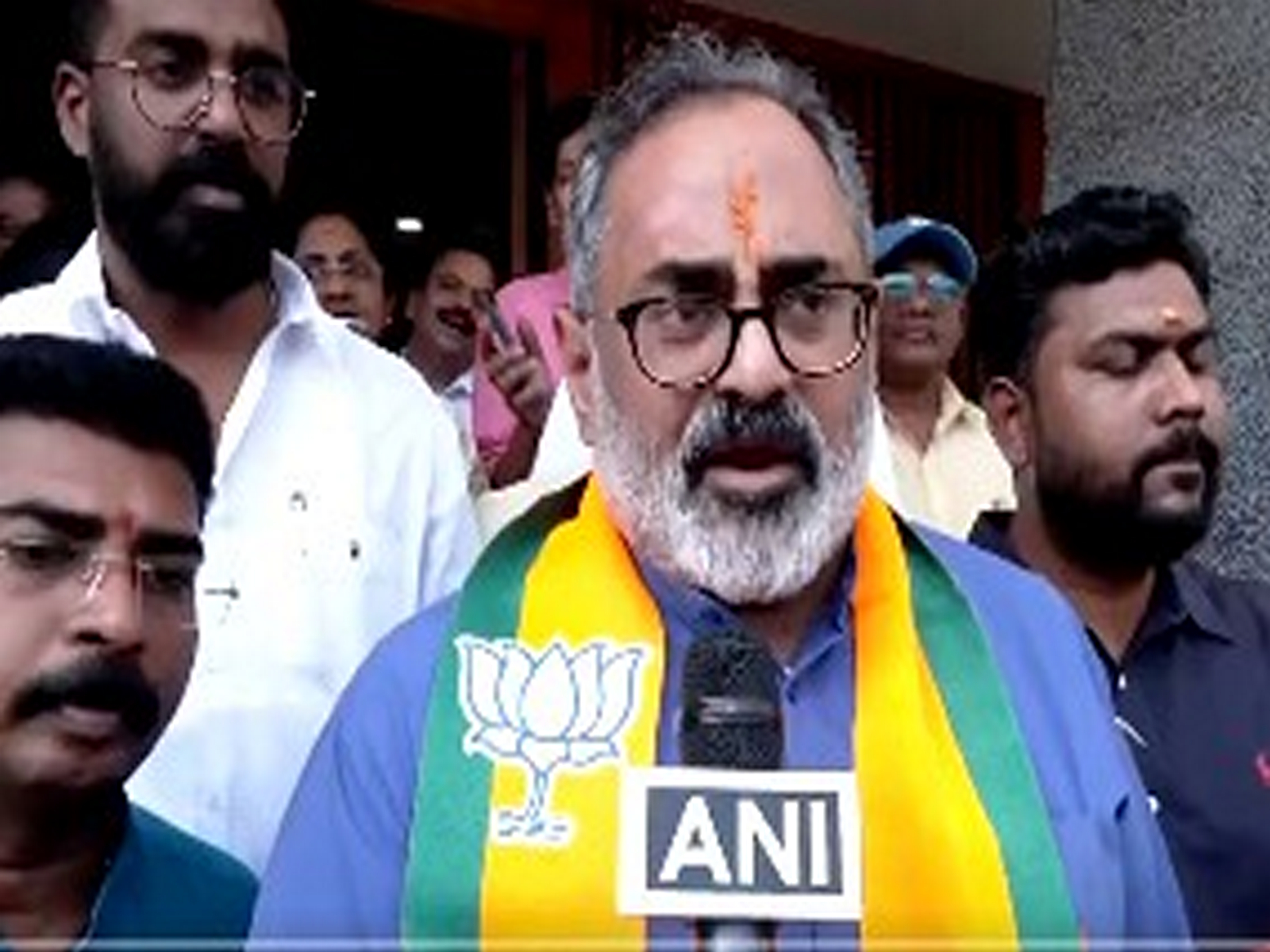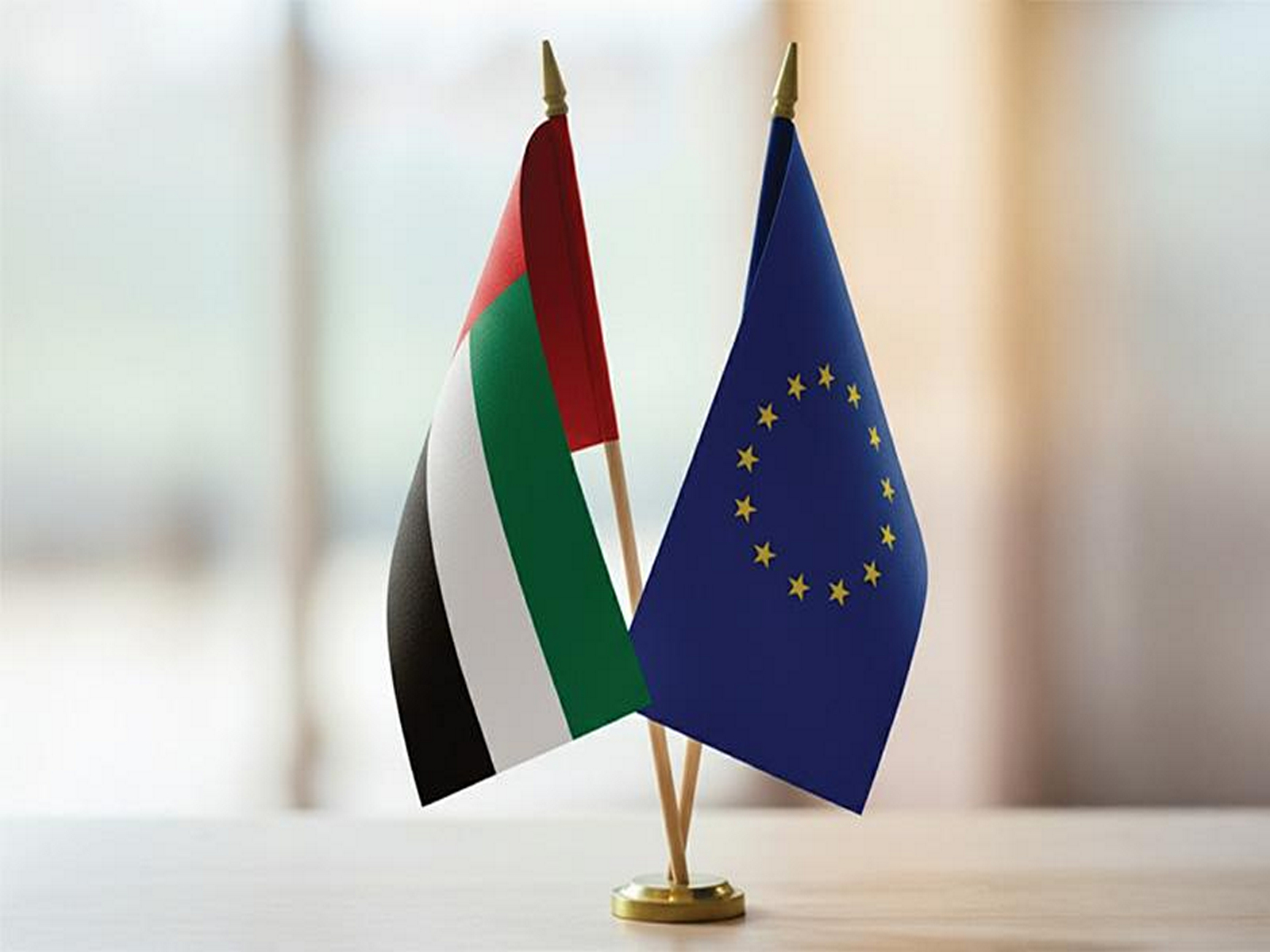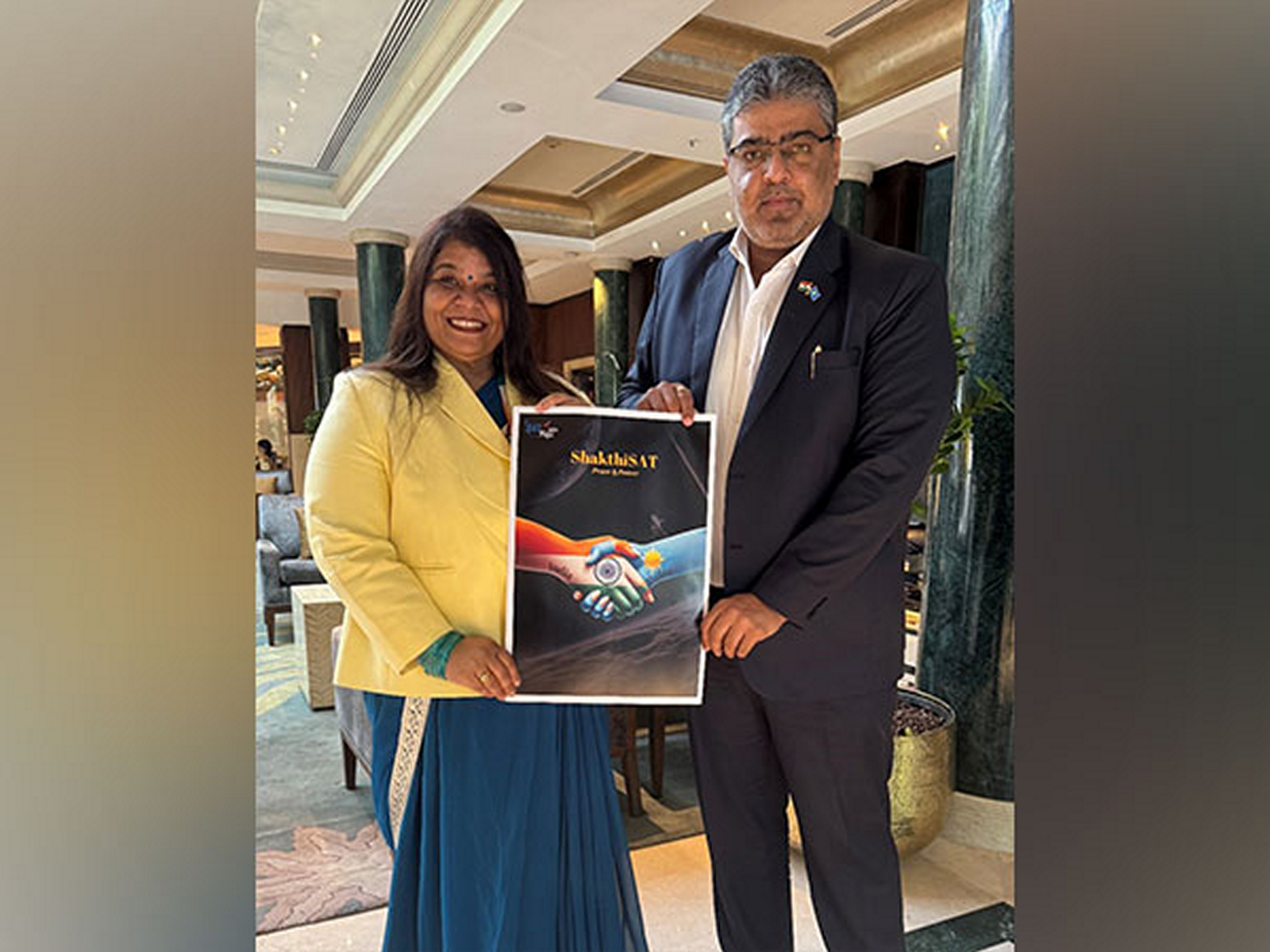"Mentorship is a Two-Way Street" - Connecting the dots in Hollywood, Bollywood, and Beyond
Apr 07, 2022

By Jennifer Kim
Los Angeles [US], April 7 : Medha Jaishankar has had an eclectic career in the entertainment industry. A self-proclaimed "Tamilian Chameleon," Medha, of South Indian heritage, has lived in eight countries and calls Mumbai and Los Angeles her two main "current homes."
A former camerawoman, editor, producer, and reporter for the BBC World Film Review show "Talking Movies," Medha worked for several years in India as a film executive before moving to the US.
In the last few years, she produced several music videos (including two with the late cinematographer Halyna Hutchins), and the horror short film "Facelift," showcased at top genre festivals worldwide that currently has more than 100k views on YouTube. Of late, she's produced a film starring A-list actors Jacob Elordi ("Euphoria" and "The Kissing Booth") and Zachary Quinto ("Star Trek") and has a variety of projects being developed in both the US and India.
I met Medha via the mentorship program #StartWith8Hollywood as her mentee, where she has officially mentored 24 women in the last two years. I am impressed and inspired by how Medha navigates different media and worlds with ease.
I recently sat down with her at one of her favourite West Hollywood restaurants, the Tex-Mex cuisine "Justin Quesos," to talk about how COVID has impacted the way she produces and mentors.
Q) Good to see you in person, Medha! It's always strange to meet in real life when we spend so much time chatting on Zoom.
A) And welcome to - what I call an extension of my living room! My neighbour owns this restaurant, and I've made it my new place to do meetings, my own private Soho House if you will.
Q) Let me begin by asking - what got you interested in the film and entertainment industry?
A) When I was a child, my father (Indian Foreign Minister S. Jaishankar) loved 80s music videos. So the first words I ever uttered were from Peter Gabriel's music video "Big Time," where at the end, an animated monster says, "Hi There." The movie I watched the most number of times at that age was "The Blues Brothers," and I know every single line and every single dance move in that film! I grew up in many countries, but one of the few consistent things culturally across these countries were films and music videos.
Over the years, we used to edit home videos with my family and set them to pop music. My brother and I would also shoot and edit re-enactments of Calvin and Hobbes with our friends. By the time I went to high school in Prague, I was already dead set on working in the film industry. I learned how to edit on Adobe Premiere, shot a music video, and made a short film about my graduating class.
When I applied to college, I only applied to institutions that had film production programs. I got a scholarship at Denison University, a liberal arts college, and learned to shoot and edit 16mm film there. The college had been attended by Michael Eisner, Steve Carrell, Jennnifer Garner, Alex Moffat (who's now on SNL), and several other notable entertainment industry folks. In fact, my friend and classmate Tariq Vasudeva acted in the Indian film "Band Baaja Baaraat" and, more recently, in the streaming series "Aarya".
Q) You have a long deep background in this! What was your first film credit?
A) In college, I did an internship program in Philadelphia and landed up at a post-production house. Lee Daniels had shot his first film, "Shadowboxer," starring Cuba Gooding Jr. and Helen Mirren. Mo'Nique, who later went on to win an Oscar for "Precious," had to smoke in a scene, but she didn't actually smoke. So as a post-production intern, I smoked a cigarette against a green screen, and they used my smoke on Mo'Nique! (laughs). I also learned about cameras, lights, and VFX, of course.
Q) Did you get screen credit for that?
A) Yup! I'm credited as a post-production intern at the end of the film!
Q) So you were an intern, and then what was your first job?
A) I got my first job delivering a tape from Mira Nair - who I was temporarily interning for - to the BBC, and they happened to need an editor that day! I then ended up working for the BBC film review show "Talking Movies" as a camerawoman and editor for two years.
Q) I saw you just Executive Produced the film "He Went That Way" starring Jacob Elordi and Zachary Quinto. How did you get involved with it?
A) I met my friend Travis Oberlander about nine years ago at the birthday party of an Indian filmmaker. And after this birthday party, I would just run into Travis on the street in LA, which is strange because, as you know, LA is not necessarily a walking city! Anyway, last summer, I was in New York, and Travis called me to discuss this project and asked if I knew any investors to connect him to. My immediate answer was NO because I was sweating on the 6 train, making my way back to Harlem, where I was staying. But then I managed to help facilitate some introductions to potential investors and got more involved in the project, including helping the director flesh out a character I helped cast.
It's strange because having come from a background of being a camerawoman and later a development exec, I used to always think, "Oh - it's someone else's job to deal with the money. I'm not a money person. I'm not a business person." However, in the last few years, I've discovered that I'm actually rather adept on the business side. I've now found myself honing a new skillset - helping to pair financiers with creatively and fiscally sound projects - and vice versa.
Q) You and I - as mentee and mentor - have often talked about how to embrace natural abilities as we grow and evolve career-wise. Can you share a little bit of wisdom on this?
A) (Laughs) When I worked as an exec, I thought I would work best if I quietly sat behind a desk and did what I was told. I've only recently started to use my extroverted nature to its advantage. I've begun to forge my own path and career using this skill as opposed to following a more traditional path. After capitalizing on my innate extroverted-ness, I've become more certain of myself and, in the process, have been offered more leadership roles. However, with great power comes great responsibility! I've occasionally had to make the unpopular choice of standing up to certain powerful people - mostly to protect other women in this industry. I won't go into the details today, maybe one day in my memoir, but these experiences have urged me to integrate more women-to-women mentoring work in the grand scheme of things.
Coming back to my evolution in the last two decades or so - I think a lot of people used to pigeonhole me professionally. For instance, in my early days in New York, people knew me as that woman with the camera. Then in Mumbai, people just knew me as a film consultant with an American accent. In LA, I was pigeonholed as the "India person." I'm often asked to join a project simply because it's set in India. But luckily, I'm an extreme extrovert. Even if I don't completely resonate with the story and characters, I still try my best to introduce folks to more qualified colleagues and friends who would be better suited for the project.
The 2020 COVID lockdown helped me stop, think and realize that my true passions in life are connecting the dots, community building, and championing the underdog. Really getting into the depths of a story and helping to tell them in unique fashions and mediums.
Q) Speaking of which, you have a podcast coming out?
A) Yes, I'm proud to share the launch of a new podcast series with JetSynthesys and Warner Music India called "EkWomen," where my colleague Monika and I will be showcasing inspiring stories of South Asian Women and the challenges and hurdles they've faced as they've climbed the ladder of success.
Q) By the way, I'll definitely be buying that memoir you mentioned earlier - once you write it! What trend in women empowerment do you appreciate of late?
A) One of the recent phenomena I really appreciate is embracing one's femininity. I was listening to Jake Gyllenhaal on Howard Stern recently talking about how he's seen Maggie Gyllenhaal grow as a director after becoming a mother. Sherry Lansing also refers to trends like this at the end of her biography - and that we're no longer women competing against other women for that one job. In fact, we don't need to wear a suit to be taken seriously; I mean, look at my pink hair! As a woman in film today, I'm so grateful for the women who've really paved the way for us in this industry, though I feel like we need to keep pushing the boundaries in terms of what we can offer and bring to the table.
Q) I'm so glad #StartWith8Hollywood paired us together! What's been the most fulfilling part of mentorship so far!
A) Thanks, Jennifer! I've really gained a lot from meeting you, too! I believe that mentorship is a two-way street, and both parties benefit equally. During COVID, I trained in facilitation and coaching, so when I work with my mentees, I schedule one hour blocks of time to learn about their backgrounds, address current hurdles, and end the 60-minutes with a potential action plan. I try my best not to spoon-feed my mentees with solutions, though the mama bear in me does have a little tendency to coddle! I also encourage pivoting and thinking outside of the box, such as adapting to new media technologies as a means for storytelling.
Mentoring has benefited me greatly - case in point, the project I'm now developing with you! It also keeps me on my toes and in tune with the zeitgeist. I often find myself learning as much from my mentees as I do with my own mentors! I hope to develop a mentor-mentee ecosystem via "EkWomen," and throughout India, where I'm encouraged by the rise of women-oriented professional groups.
Q) This was a fascinating interview, Medha, and the chips and salsa are so good!
A) Cheers! Here's to the project we're developing together and advancing more women in film!
The interview has been done by Jennifer Kim, who is an award-winning screenwriter and journalist based in Los Angeles and repped by Industry Entertainment.

